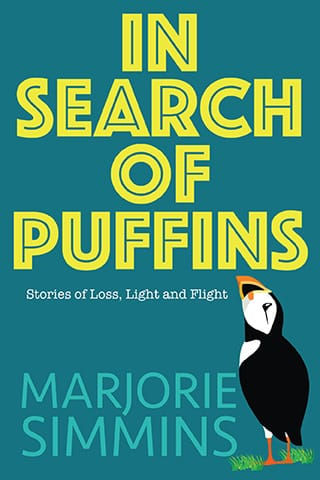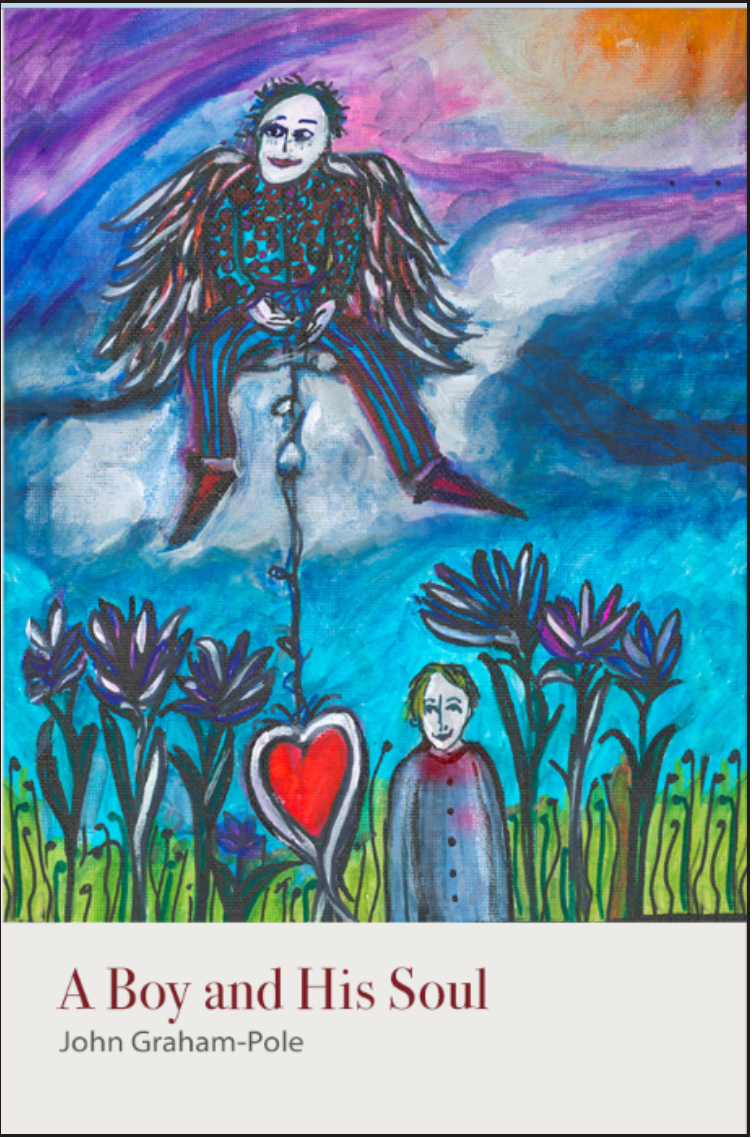Seeking Mino-Pimatisiwin An Aboriginal Approach to Helping
Historically, social work and psychology professions have pressured and coerced Aboriginal peoples to follow the euro-centric ways of society. The needs of Aboriginal peoples have not been successfully addressed by helping professioan due to a limited attempt to incorporate Aboriginal perspectives and practices of helping. Michael Hart briefly discusses colonization from an Aboriginal perspective, ontological imperialism, social work’s role in colonial oppression, and the dynamic of resistance. Seeking Mino-Pimatisiwin encourages Aboriginal concepts, values and perspectives to be effectively incorporated by helpers trained in counselling, supporting, and teaching disciplines.
Micheal Hart uses his own personal and professional experiences and that of other Aboriginal helpers. Throughout the book he outlines ways of adopting an Aboriginal Approach to helping. The closing chapter examines one such approach, the sharing circle, and how it can be used to guide practice with individuals, families, and groups in several contexts.






















